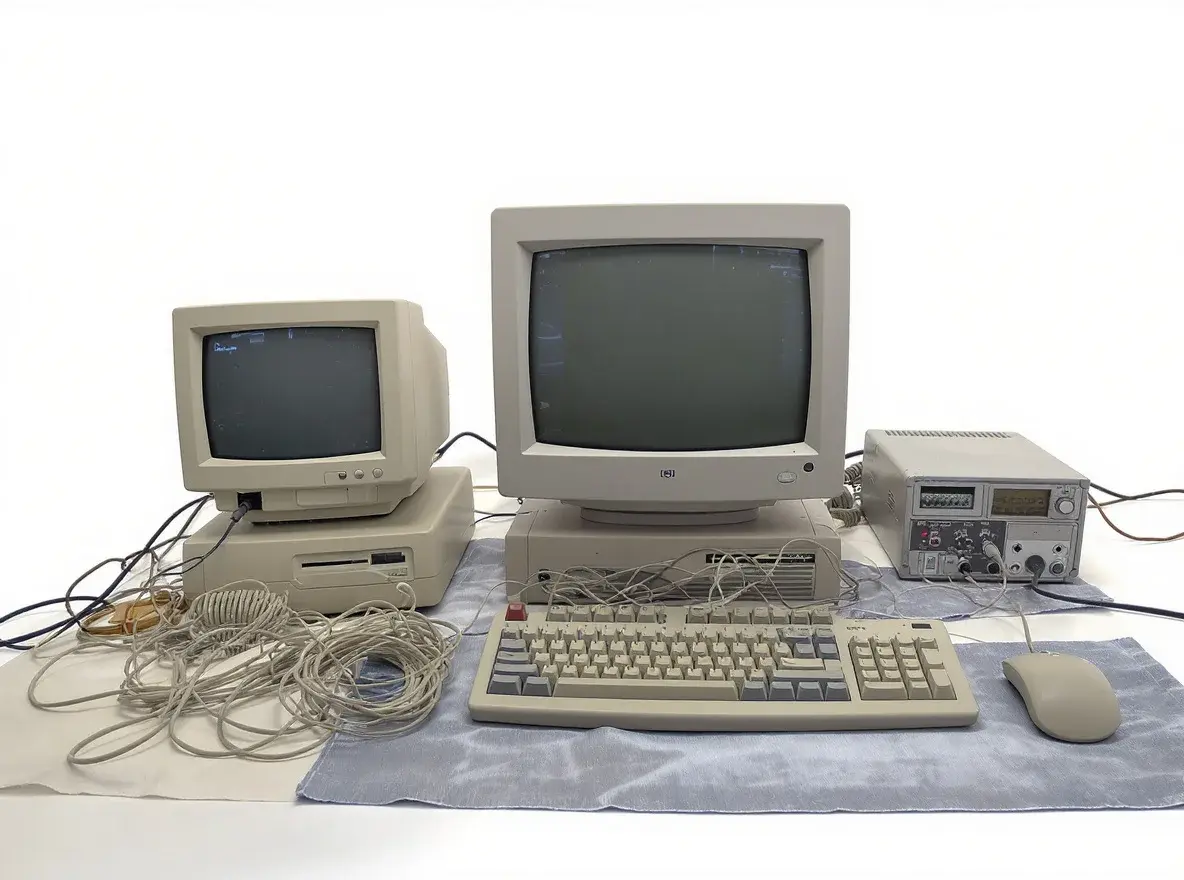In the world of technology, nothing lasts forever. The software and devices you use today will eventually stop receiving support and updates. This moment is known as End-of-Life (EOL), and when it arrives, continuing to use that hardware or software leaves you exposed to serious security risks.
At TecnetOne, we want to help you understand why relying on outdated technology is dangerous and what steps you can take to protect your business.
What Does It Mean When Software or Hardware Reaches EOL?
When a manufacturer declares a product has reached its EOL, it means it will no longer receive:
- Security updates
- Technical support
- Improvements or new features
This turns the product into an easy target for cybercriminals. A clear example is the upcoming deadline in October 2025, when Microsoft will stop supporting Windows 10 and several Office applications. Without security patches, any vulnerability becomes an open door for attackers.
Learn more: The Best Antivirus Software in 2025: Protection without Compromise
Why Is It So Dangerous?
Hackers know that outdated systems are easier to exploit because:
- Known vulnerabilities are never fixed
- No patches are released to strengthen defenses
- Many companies delay migrating and continue using old versions
Incidents like WannaCry are proof of what can happen. That ransomware took advantage of unsupported systems, causing billions in damages worldwide.
And it's not just outdated software—obsolete hardware like old routers or network equipment is also a major target. In fact, the FBI recently warned about attackers using old routers to build proxy networks for criminal activity.
Who Is Most at Risk?
It’s not just small businesses. Large corporations and even public institutions often fall into this trap. The problem isn’t always budget-related—sometimes it’s resistance to change. Teams may prefer the comfort of familiar tools over learning new systems.
Additionally, Bring Your Own Device (BYOD) policies further complicate things. When employees use their personal devices for work, outdated software or hardware can easily go unnoticed by the company’s security team.
Read more: Acronis Cyber Protect Cloud Wins AV-TEST Award Again
How to Reduce the Risk
At TecnetOne, we recommend the following steps to avoid putting your business at risk:
Conduct Regular Security Audits
Evaluate your entire infrastructure to identify devices and software that have reached or are approaching EOL.
Manage Vulnerabilities Proactively
Keep an up-to-date inventory of your IT assets, monitor their lifecycle, and prioritize replacing the most critical ones.
Update Before It’s Too Late
Replace unsupported systems before the official EOL date. It’s a much smaller investment than recovering from a cyberattack.
Control BYOD Usage
Use Mobile Device Management (MDM) solutions to monitor personal devices and block those that don’t meet your security standards.
Conclusion
Using software or hardware beyond their EOL is like leaving the front door of your business wide open to attackers. Without updates, those systems become a permanent security liability—one that could cost you far more than the investment needed to modernize them.
At TecnetOne, we can help you evaluate your infrastructure, detect vulnerabilities, and build a roadmap to keep your business protected at all times.
Don’t wait for an attack to force you into action—stay ahead and protect your security today.


